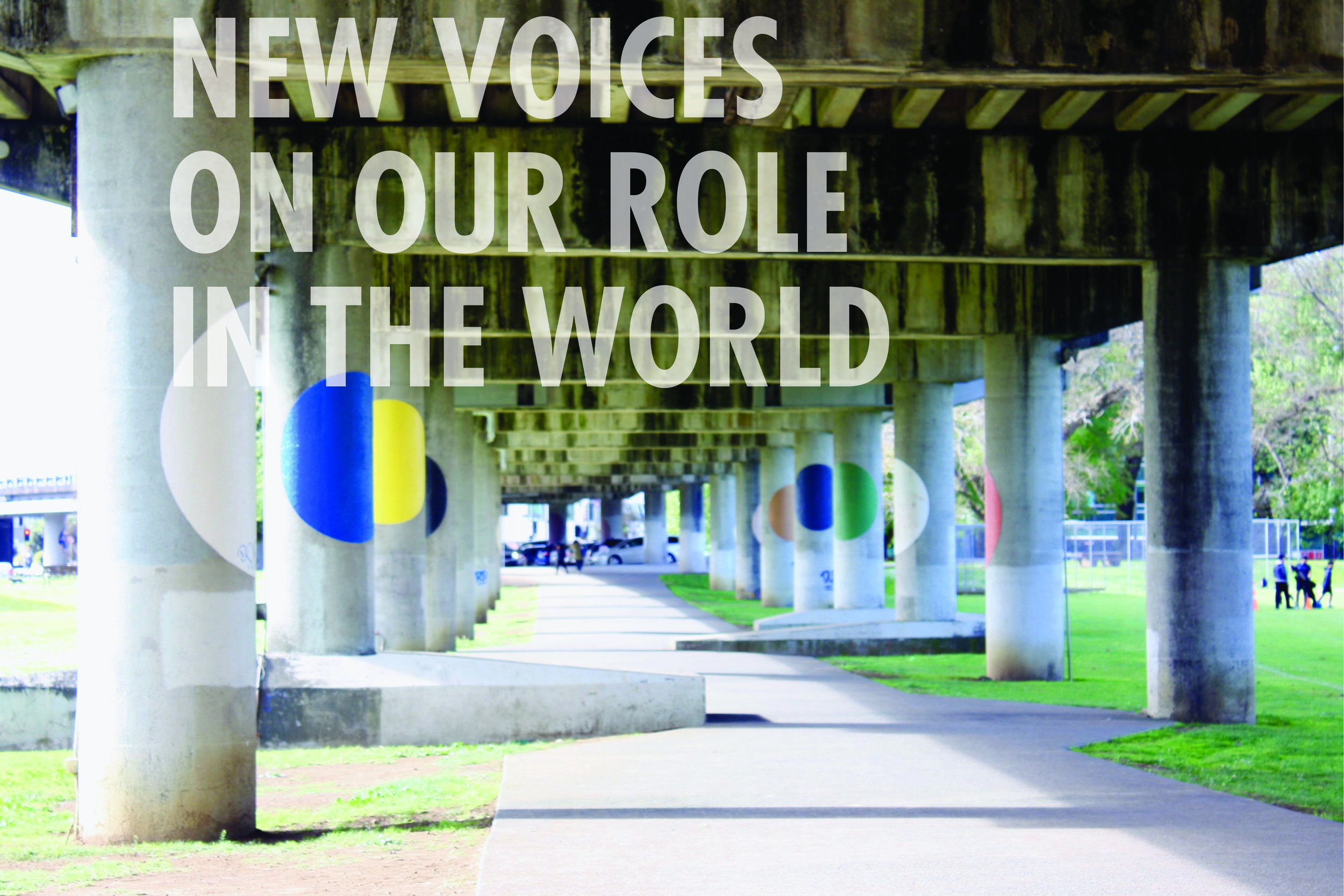

about
Te Kuaka NZA is an independent organisation promoting a progressive role for Aotearoa in the world.
Te Kuaka NZA was established by a group of New Zealanders with a commitment to an independent, values-driven foreign policy for our South Pacific nation – a New Zealand alternative.
The organisation works creatively and inclusively to discuss and shape an active international role for Aotearoa that honours Te Tiriti o Waitangi, challenges structures of power and inequality and promotes environmental and social justice.
Ko Ngā Whanonga Pono | OUR VALUES:
Whakapapa | Honouring relationships: Whakapapa means that we know who and where we come from, that we acknowledge that we are interconnected and that we are honourable in our interactions with others: spiritual beings, land, water, humans and all life.
Motuhaketanga | Independence: Motuhaketanga is our responsibility to act on our own mana in accordance with our own values, not to be swayed by interests imposed upon us. Motuhaketanga recognises the independence of Indigenous peoples and contributes to the restoration of their mana (mana whenua, mana moana, mana tangata).
Ako | Dialogue: Ako reminds us to listen, to be receptive, and to adapt as we interact with people, environments and kaupapa in Aotearoa and around the world, co-creating solutions to the challenges of our time.
Aroha | Loving energy: Aroha requires us to care for others, and to respond to urgent need. Aroha exists in reciprocal relationships, not relationships of dependency and domination.
Tika | Integrity: Tika requires us to operate with integrity, to rigorously seek knowledge, and to speak truth to power, particularly in areas over which we have influence.
Rongo | Peaceful balance: Rongo represents our absolute commitment to peace. We commit to fostering peace in ourselves, in our collectives and in our relations with others. This commitment requires us to be in tune with ourselves and each other, to be alert to power dynamics and to seek balance and understanding. The concept rongo (incorporating the english words peace and balance) reminds us that peace is not just the absence of physical violence but also the absence of exploitation. Peace is found in power-balanced relationships.
Kotahitanga | International solidarity: Kotahitanga recognises strength in unity. Our solidarity internationally gives us the power to resist imposition and restore justice, at home and abroad.
Steering Committee | OUR PEOPLE:
Dr. Marco de Jong (Convenor) | Fuimaono Dylan Asafo | Gabriella Brayne | Rhieve Grey | Dr. Nina Hall | Dr. Max Harris | Dr. Arama Rata | Dr. Nathan Rew
Read more about our steering committee members here.
Kaimahi | OPERATIONS:
Dr. Nabilah Husna Binte Abdul Rahman - Communications Manager | Jan Rata - Operations Manager
FUNDING SUPPORT BY:
Our WORK
Through writing, hui and connections with others, we seek to reframe and shape public debate about the role New Zealand plays in the world.
We propose and promote practical and imaginative ideas for Aotearoa's role on the global stage grounded in progressive values and evidence. We seek to identify concrete opportunities where New Zealand can provide diplomatic leadership and support others to advance international action on peace and disarmament, decolonisation and indigenous rights, feminist foreign policy, alternative models of economics and trade, humanitarian action and environmental protection.
We want to ignite a genuine public conversation about our role in the world.
We’re reaching out to young people, holding meetings in regional towns and centres and seeking out fresh voices and diverse perspectives on the role Aotearoa should play in the world. We want to reach beyond traditional trade and diplomacy experts to listen to the experiences and amplify the voices of artists, musicians, activists, sportspeople and others in their representation of Aotearoa in the world.


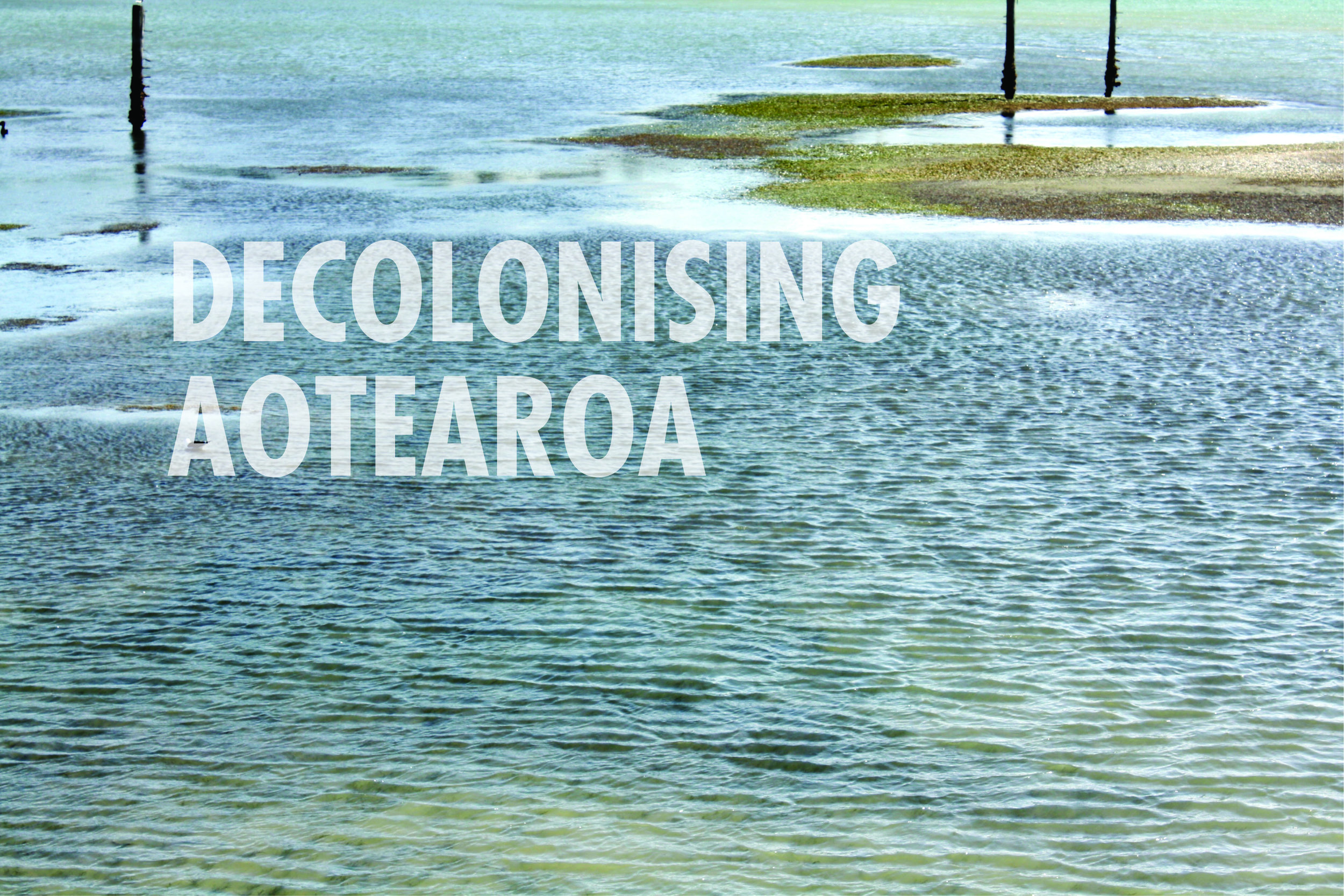

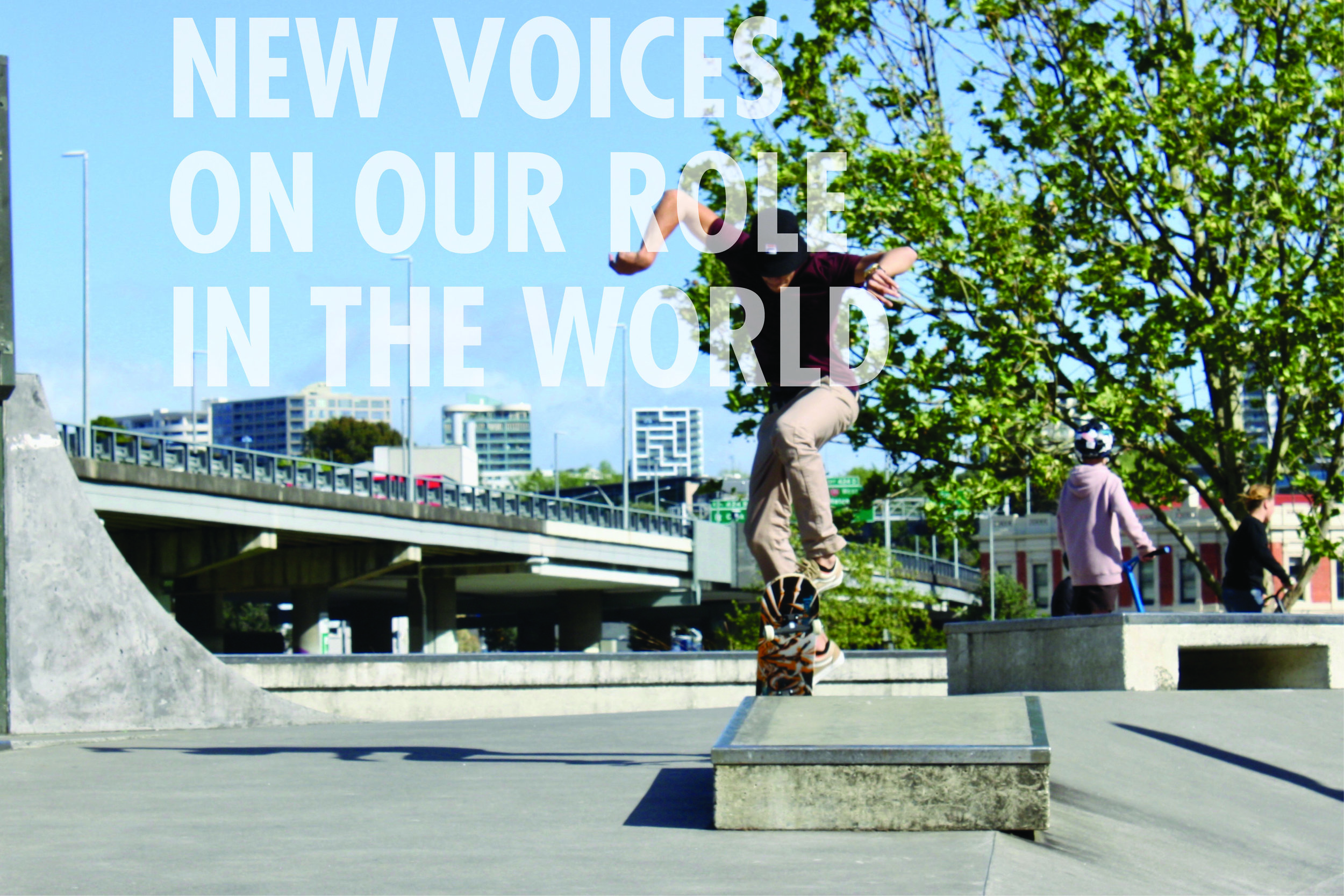
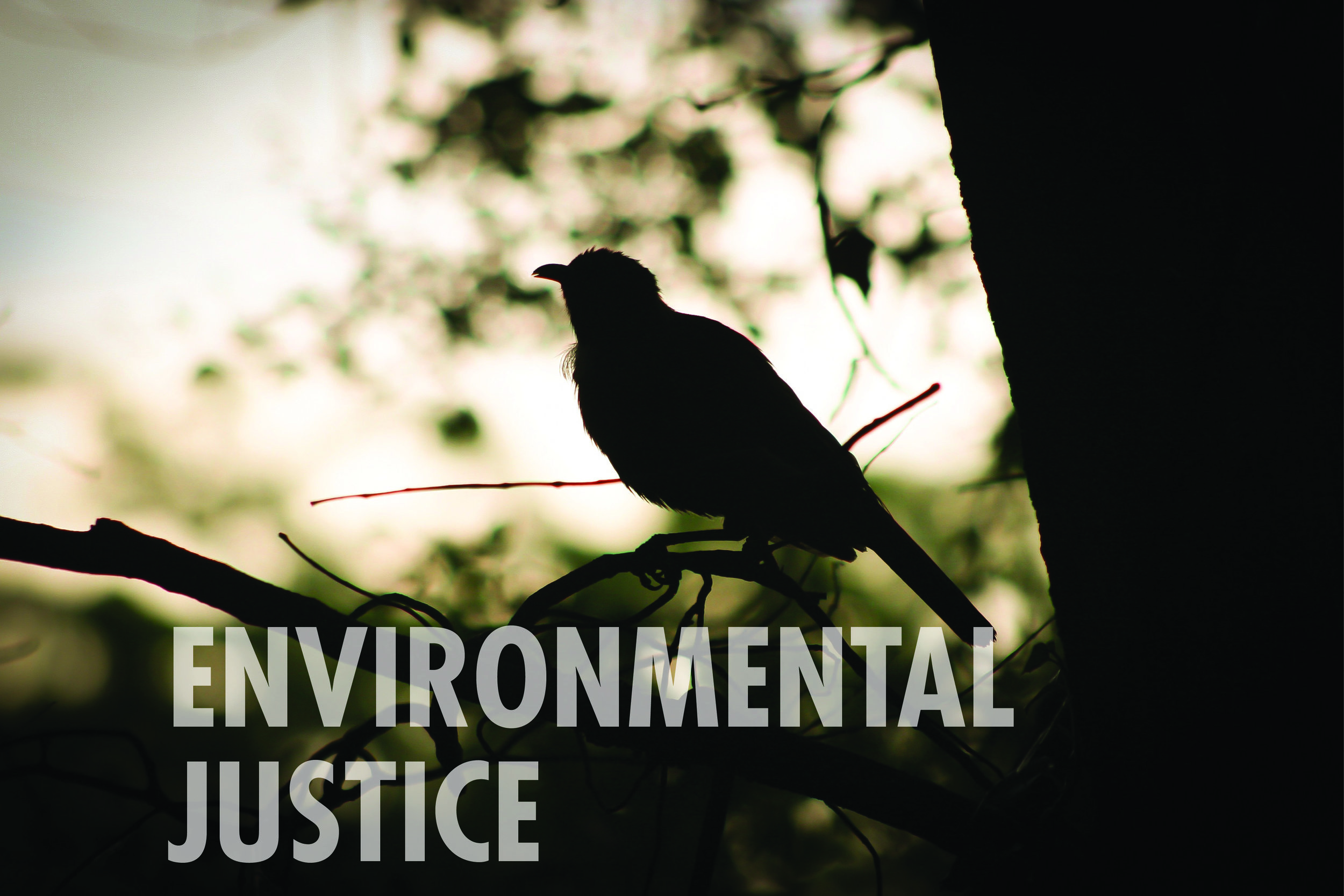
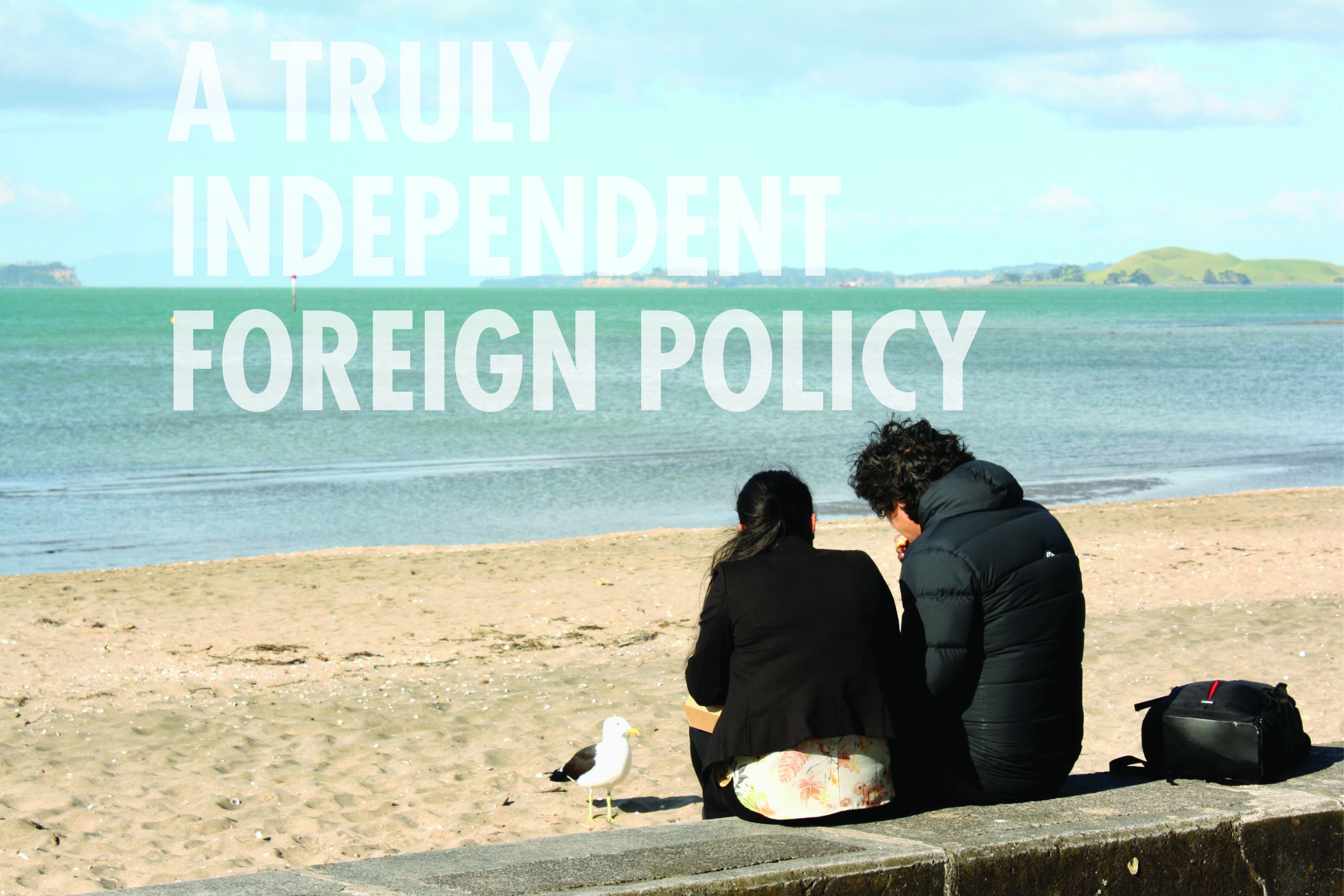
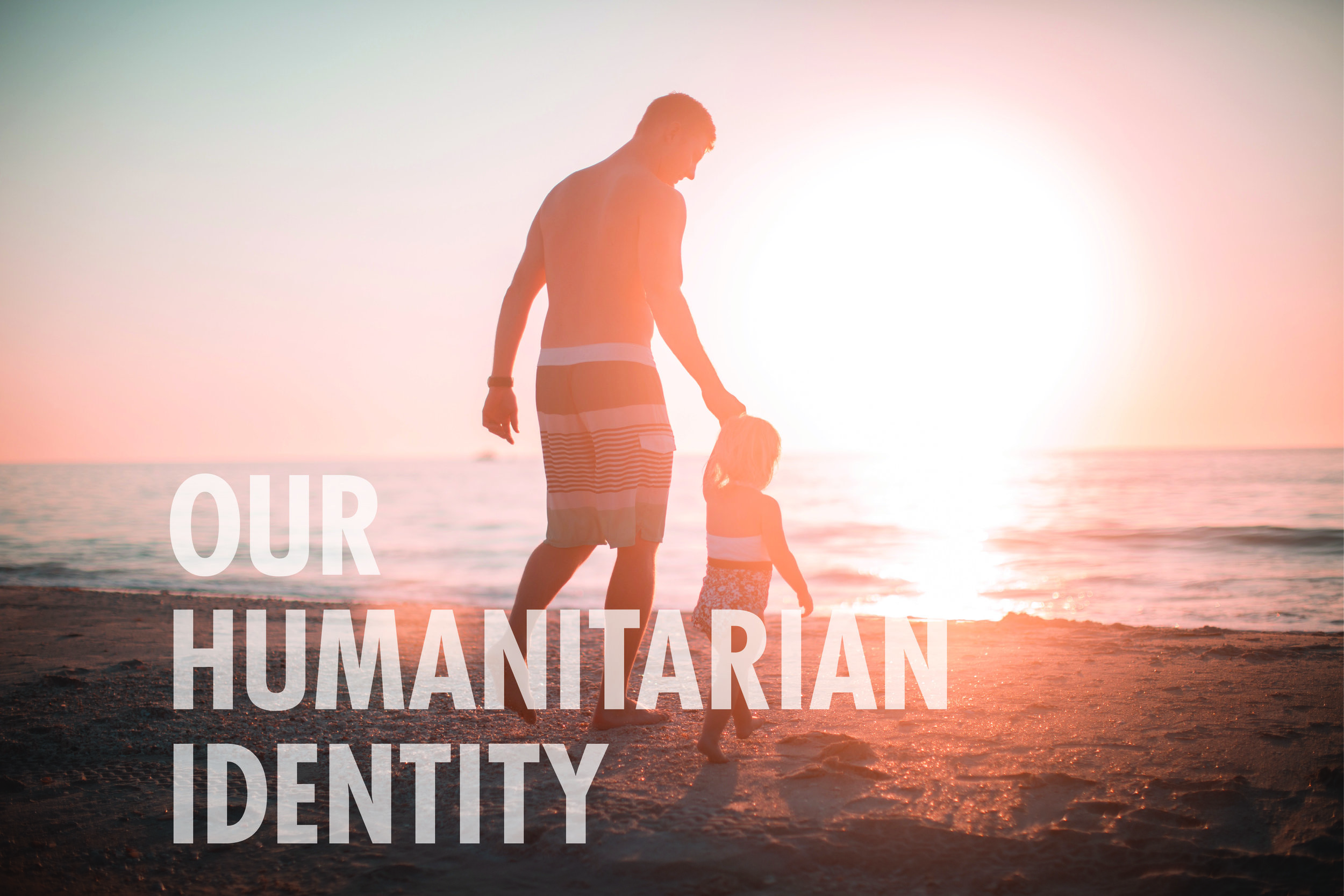
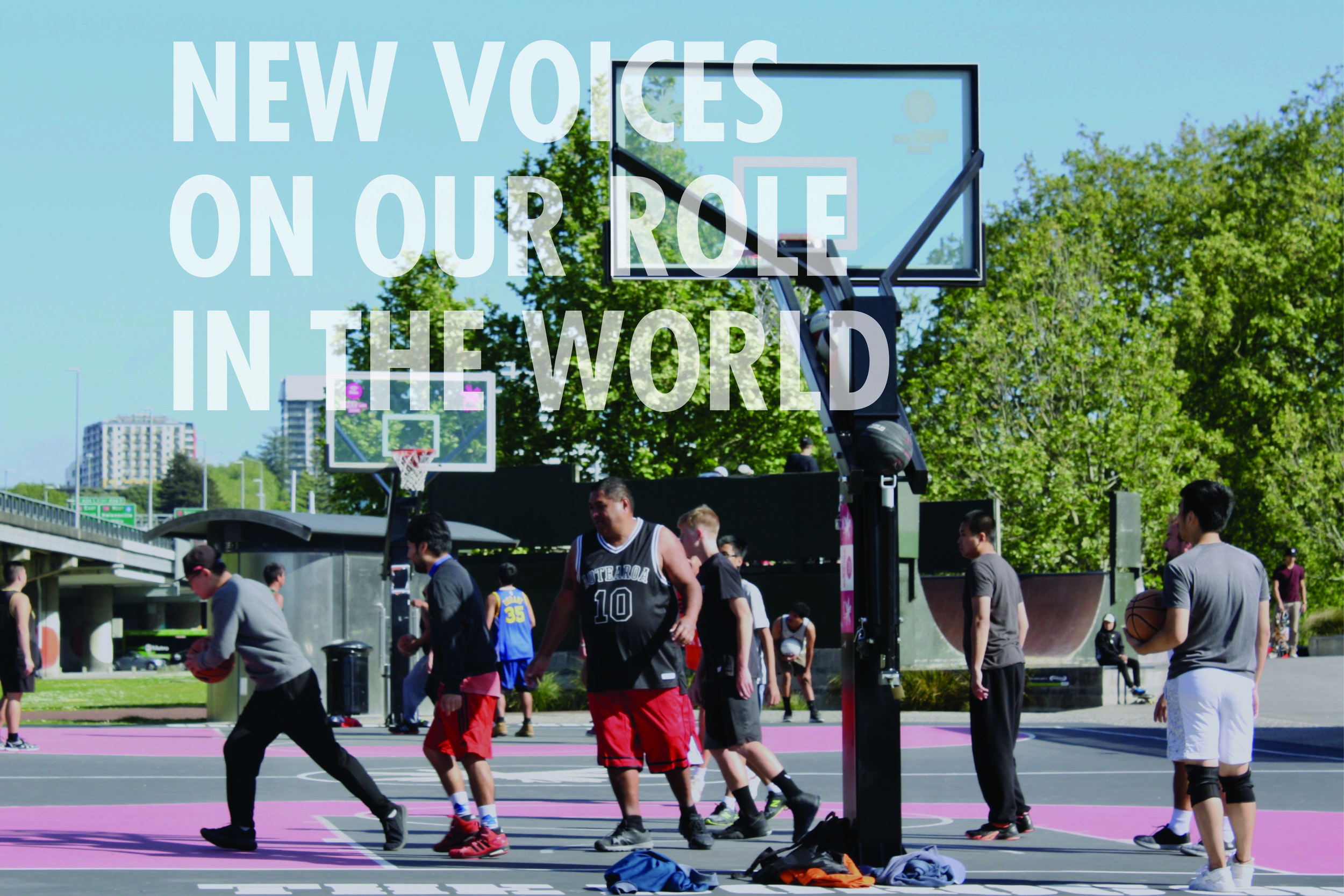

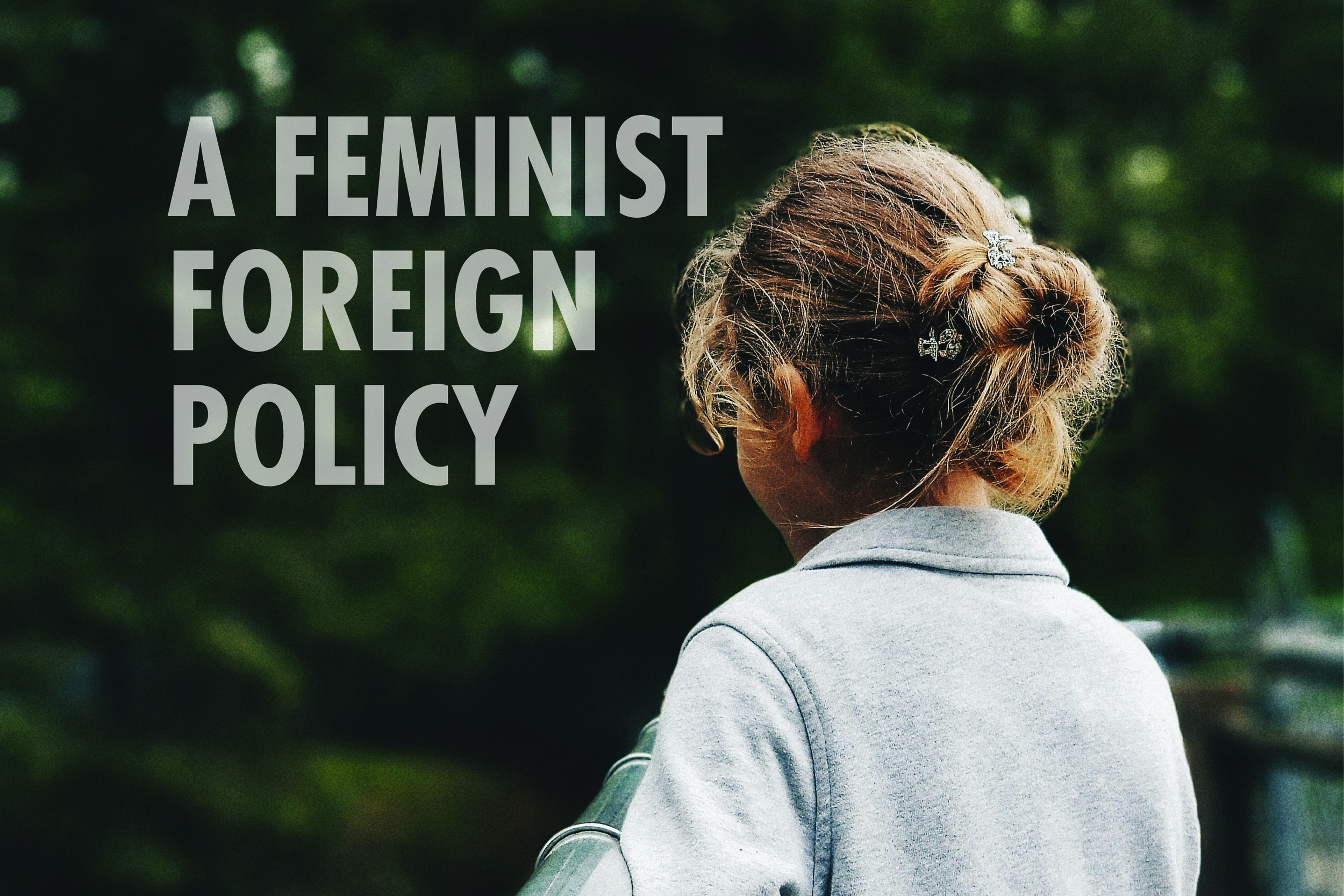
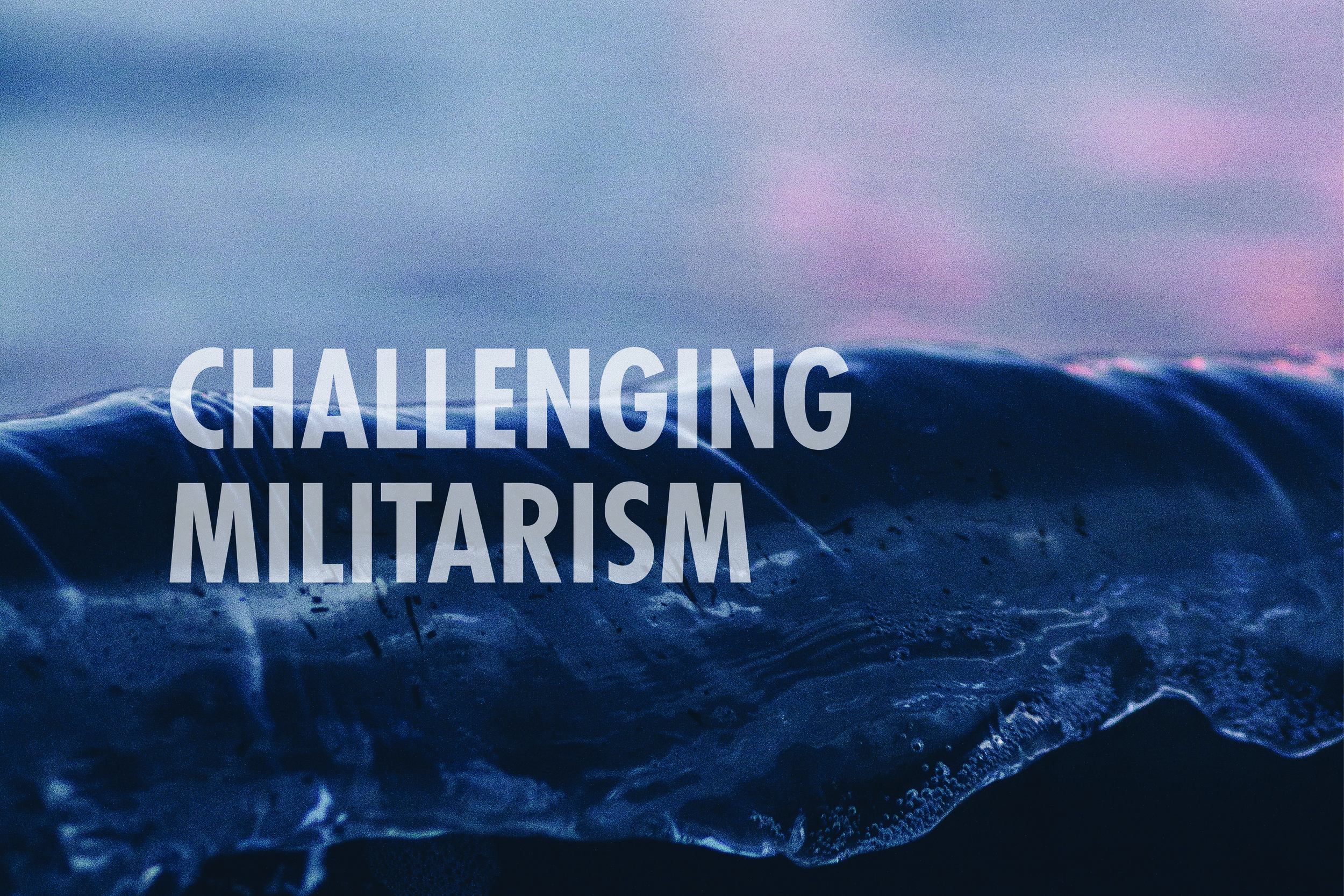
OUR KAUPAPA
Our areas of focus are:
i. An independent voice
New Zealand’s strongest relationships have traditionally been with Australia, the United Kingdom and United States. With these countries and Canada, we are part of the Five Eyes intelligence sharing network and M5 network on immigration data sharing. We are also a Pacific country with growing links to countries in the Asia Pacific region. We look at how these relationships affect our independent voice on peace, human rights, decolonisation and other global issues.
ii. Decolonisation and indigenous rights
New Zealand’s founding document is Te Tiriti o Waitangi. This establishes an agreement between the Crown and Māori that should be reflected in our foreign policy. In collaboration with Māori leaders and thinkers we will contribute to discussions on how New Zealand can adopt Te Tiriti-based approaches to foreign policy and support and learn from other decolonisation movements around the world.
iii. Feminist foreign policy
When Swedish Foreign Minister Margot Wallström took on her role in 2014 she announced an intention to pursue feminist foreign policy, taking a gender analysis of international relations and speaking out against oppression of women. We will explore how New Zealand might adopt a feminist foreign policy.
iv. NZ’s humanitarian identity
Part of our identity in New Zealand is to be a helpful neighbour and a supportive partner. We will look at the potential for NZ to play a stronger role in peace mediation in our region and beyond; opportunities for NZ to once again take a proactive leadership role in global efforts for disarmament; welcoming refugees and advancing discussions on climate migration; and ensuring our aid policy is focused on addressing inequality and driven by the needs of our partners.
v. Environmental justice
This theme includes our approach to international climate action; our approach to preserving the health of our oceans and specifically preventing marine plastic pollution; and our international efforts to advocate for biodiversity. These are all areas where we can provide much needed expertise and leadership on the global stage.
vi. Alternative models for economics and trade
Poverty and inequality within and amongst countries are major drivers of suffering and armed violence. Alternative models of economics and trade, including regenerative and decentralised approaches, are gaining traction internationally. We will look at the role New Zealand can play in pioneering these ideas in our own society and economy and in our trade and development partnerships with others.





